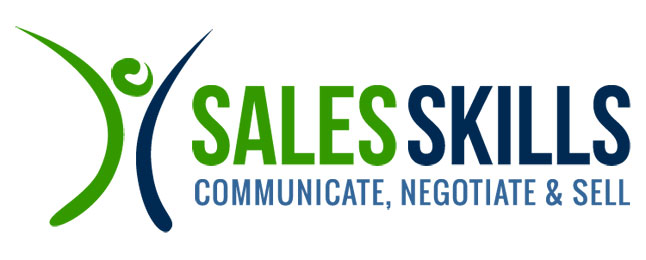One Size Doesn’t Fit All
When it comes to sales training, one size definitely doesn’t fit all. Every sales team is unique, with different strengths, weaknesses, and goals. That’s where tailored sales training programs come into play. Rather than applying a cookie-cutter approach, you need to design programs that address the specific needs of your team. Think of it like a custom-made suit — it’s crafted to fit perfectly, enhancing performance and boosting confidence.
Tailored sales training allows you to zero in on areas that need improvement while reinforcing existing skills. Are your team members struggling with objection handling? Or maybe closing deals is where they’re falling short? Identifying these gaps is the first step in creating a program that works for you. By customizing the training, you’re ensuring that your team walks away with actionable strategies that directly impact your business.
Assessing Individual Strengths and Weaknesses
To create a tailored sales training program, you’ve got to know your team inside out. Begin with assessments to understand where each individual stands. You might have seasoned pros who need advanced techniques, while newer members might benefit from foundational training. Personalized assessments can highlight these differences, giving you the data you need to customize your approach.
But it’s not just about weaknesses. A good training program also capitalizes on your team’s strengths. If someone excels in building relationships, you can provide them with advanced techniques to further sharpen that skill. The goal is to play to everyone’s strengths while addressing areas that need improvement. And when your team sees that you’re investing in their personal growth, motivation goes through the roof.
Adapting to Changing Sales Trends
Sales is an ever-evolving field. What worked last year might not work today. That’s why your training programs should be flexible and adaptable to new trends. Whether it’s mastering the latest CRM tools or adjusting to changes in buyer behavior, your sales training must stay relevant. By keeping your program up to date, you ensure your team is always equipped with the latest strategies.
Take digital transformation, for example. Many companies are moving toward virtual selling, meaning your team needs to be comfortable with video conferencing and digital presentations. A tailored training program can incorporate these new tools, giving your team the skills they need to thrive in a digital-first environment. Staying agile is key to long-term success.
Measuring the Impact of Tailored Training
Of course, no training program is complete without measuring its effectiveness. How do you know if your tailored sales training program is making a difference? You need to set clear goals and KPIs to track progress. Maybe you want to see a 20% increase in closing rates or better customer satisfaction scores. Whatever the case, tracking these metrics will show you where your training is hitting the mark — and where it’s falling short.
Regular feedback from your team is also invaluable. Are they feeling more confident? Do they feel better equipped to handle tough negotiations? Tailored sales training isn’t just a one-off event; it’s a continuous process that evolves with your team and the market. By measuring the impact and gathering feedback, you can refine and adjust the program for even better results.
Tailored sales training programs are the key to unlocking your team’s full potential. By customizing the approach, you’re not only addressing their unique needs but also boosting morale and driving performance. From assessing individual strengths to staying on top of sales trends and measuring impact, the process might take a little extra time, but the payoff is worth it. A tailored training program makes sure your team is prepared, confident, and ready to close those deals!
